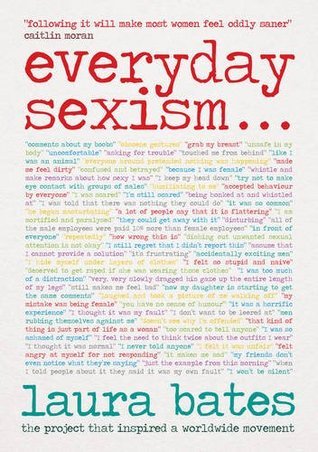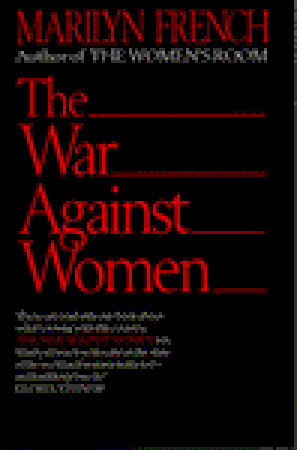
Men Who Hate Women
Book Description
What if the most dangerous war is the one fought in plain sight? Laura Bates unveils a chilling exploration of deep-seated misogyny that pervades our culture, revealing the insidious ways it shapes lives and relationships. Through gripping research and harrowing testimonies, she exposes the dark underbelly of hatred towards women, from communities to online spaces, where silence breeds violence. As the layers of hostility unravel, Bates challenges us to confront the uncomfortable truths lurking beneath everyday interactions. Are we prepared to face the stark reality of a society built on gendered hatred, or will we continue to turn a blind eye?
Quick Book Summary
"Men Who Hate Women" by Laura Bates is a powerful examination of misogyny's prevalence in both overt and subtle forms within contemporary society. Through meticulous research and deeply personal testimonies, Bates exposes how hatred toward women is perpetuated in online communities, cultural norms, and day-to-day interactions. The book delves into how online spaces serve as breeding grounds for toxic masculinity and coordinated harassment, which often spills into real-world consequences. Bates also challenges readers to recognize the complicity of mainstream culture in enabling and dismissing misogyny, underlining the urgent need for awareness and action. The work is both a call to consciousness and a roadmap for addressing systemic gendered oppression, urging us to break the silence and confront uncomfortable truths to create real, lasting change.
Summary of Key Ideas
Table of Contents
The Evolution and Spread of Online Misogyny
Laura Bates begins her exploration by mapping the rise of online communities and forums dedicated to anti-women sentiment. She details how these spaces, from forums like incel groups to pick-up artist boards and beyond, foster and amplify harmful beliefs. The anonymity and echo chambers of the Internet allow misogynistic ideologies to flourish, attracting vulnerable men and consolidating their sense of victimhood. Bates traces how digital hatred isn't contained online but increasingly bleeds into public discourse, relationships, and violent acts.
Toxic Masculinity and Its Real-World Impact
Bates then outlines how this digital culture translates into real-world harms. She provides harrowing accounts of how targeted harassment, doxing, and threats directed towards women can escalate into violence and intimidation offline. The book illuminates the connection between toxic masculinity, entitlement, and acts of aggression. Through survivor testimonies and interviews, Bates reveals the psychological toll on victims as well as the fear and self-censorship misogyny instills in women's daily lives, impacting their safety and participation in society.
The Role of Silence and Denial in Perpetuating Hatred
A significant part of the book examines cultural complicity in sustaining misogyny. Bates shows how mainstream films, music, and news either trivialize or outright dismiss the realities of gendered hostility. She discusses how phrases like "boys will be boys" or victim-blaming narratives invisibilize women’s suffering and allow abusive behaviors to go unchecked. The normalization of sexist jokes and the minimization of harassment contribute to a society where violence against women is often ignored or rationalized.
Cultural Normalization of Gendered Violence
Bates identifies the danger posed by collective silence and the refusal to address these issues openly. She discusses the reluctance to acknowledge misogyny as a systemic problem, and the backlash faced by those who speak out. This silence emboldens perpetrators and deepens the stigma and isolation experienced by victims. By examining social, legal, and institutional responses, Bates demonstrates how dismissal or denial compounds harm and delays meaningful change.
Strategies for Challenging Misogyny and Facilitating Change
In her closing analysis, Bates offers guidance on challenging misogyny and building a more just society. She advocates for increased awareness, education, and active intervention both online and offline. The need for allies, especially among men, is stressed alongside policy reforms, improved digital regulation, and robust support systems for victims. Ultimately, "Men Who Hate Women" closes with a call for honesty, empathy, and collective action to dismantle the structures that enable gendered hatred and promote genuine equality.
Download This Summary
Get a free PDF of this summary instantly — no email required.





